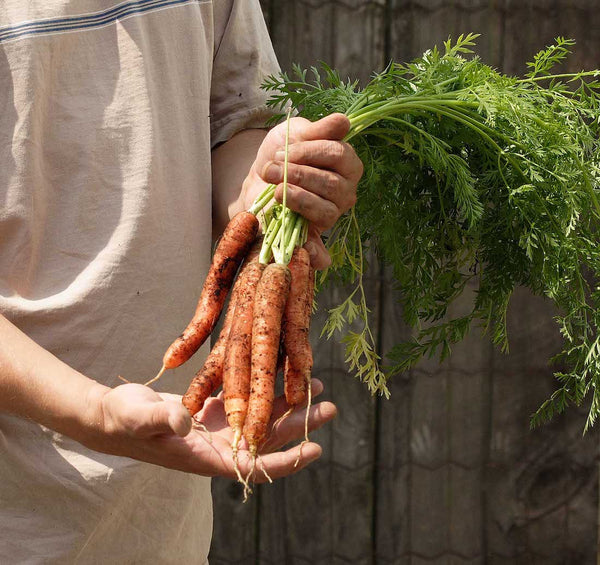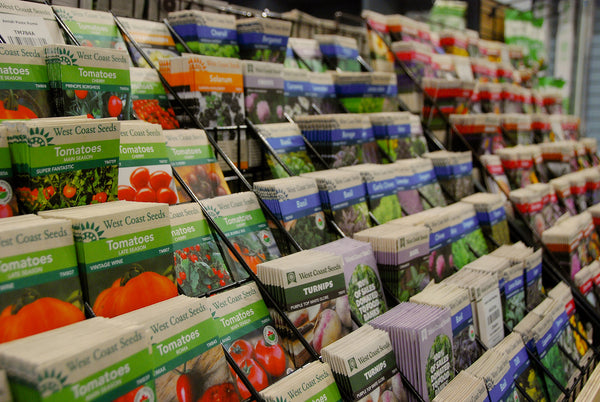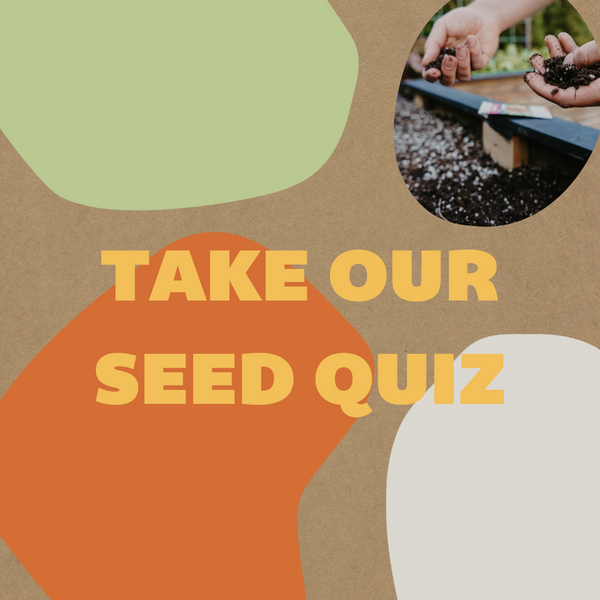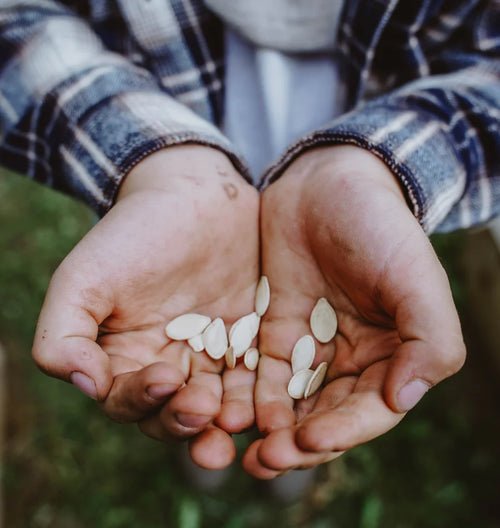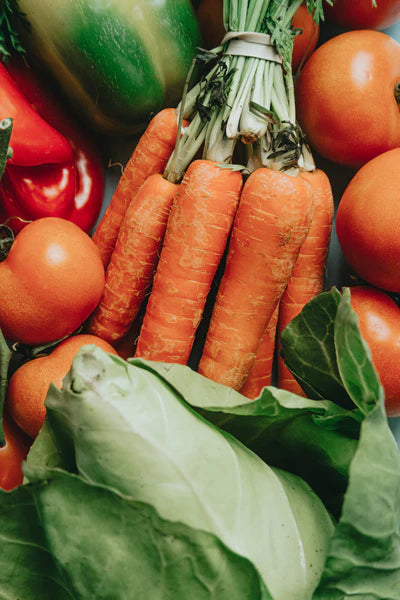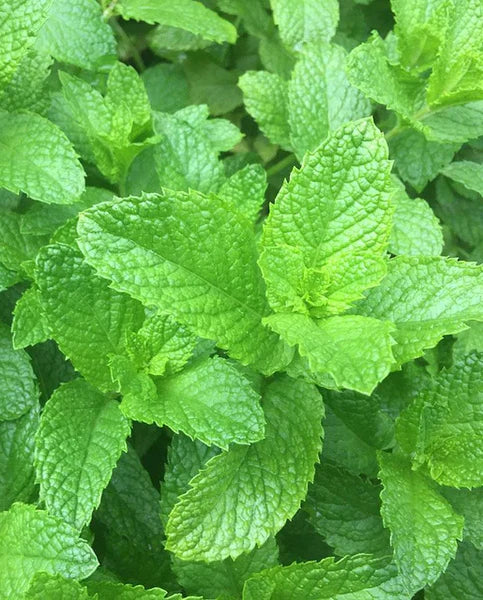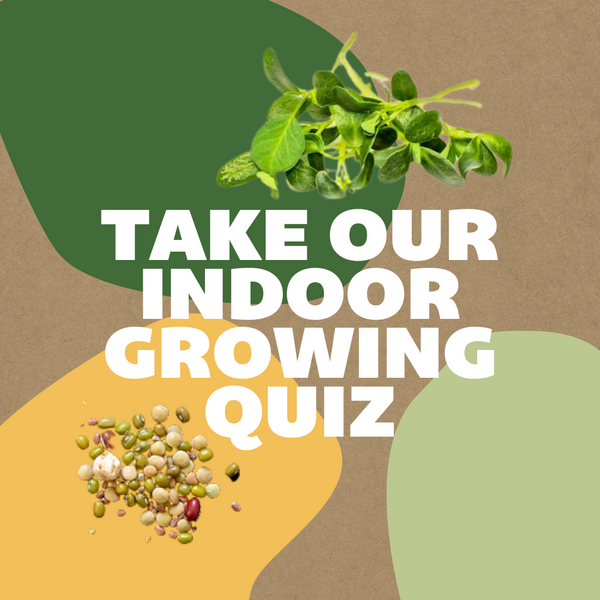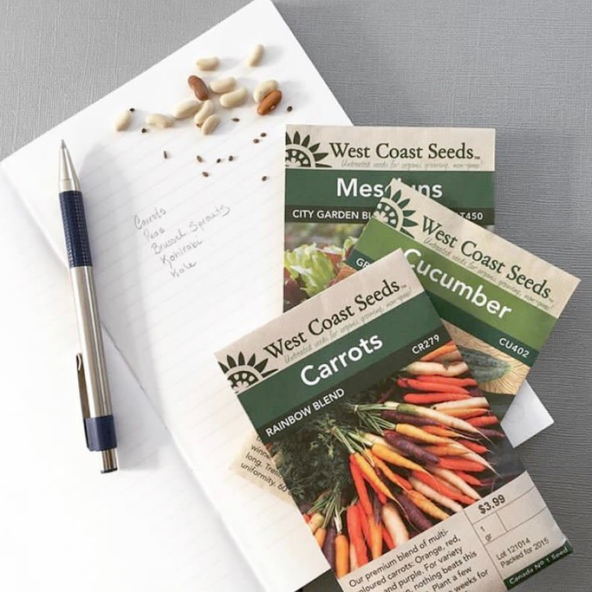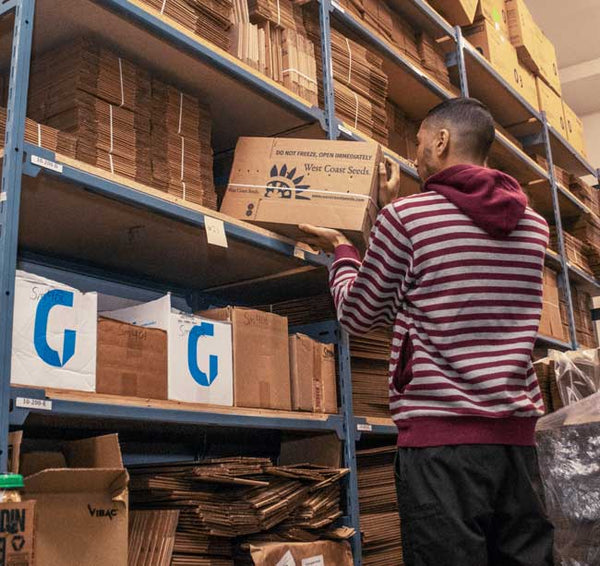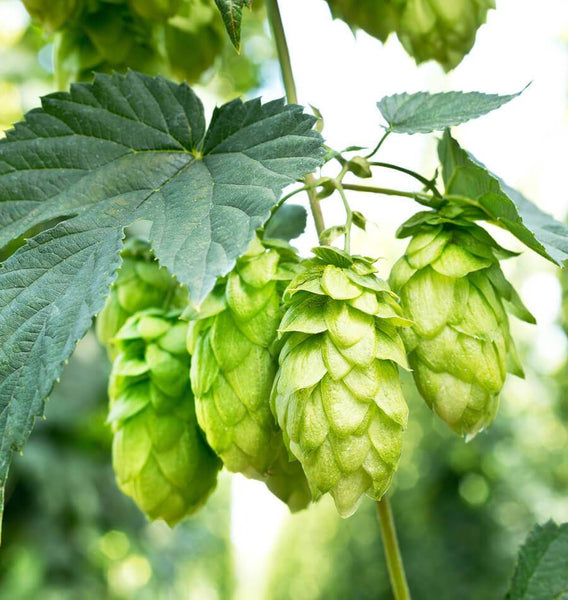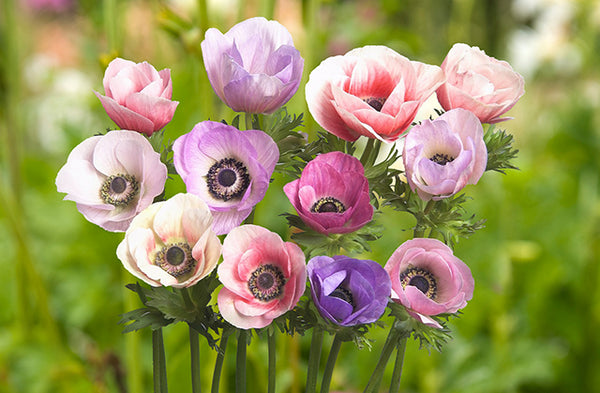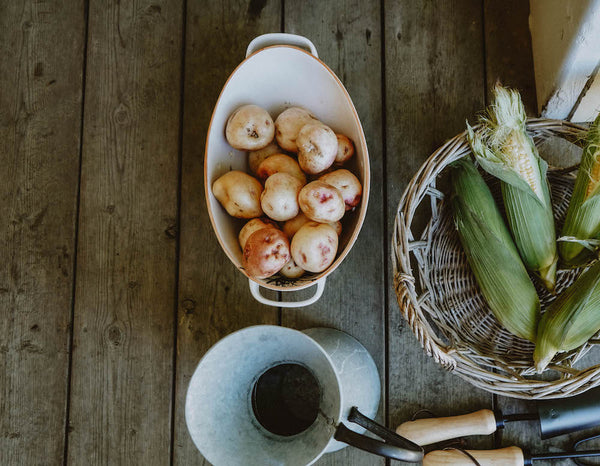Being a sustainable Landscape Designer, lawn alternatives are something I think about a lot. I also think it's important to experiment with new plants in my own garden before I ever specify them for someone else’s yard as it gives me the hands-on knowledge I need. Last year I tried growing Micro Clover for the very first time and this is how it went.
The backyard patio consisted of concrete slabs with 6” of planting space between — a tough growing environment for most plant life. First, I tried growing Sedum mats, but the Sedum grew too tall. Then I tried Creeping Thyme, but it was very sensitive to pet urine and didn’t overwinter well. Micro Clover absolutely performed the best of the three plants I tried, it has a lovely texture and pet urine didn’t bother it one bit.
I seeded with Micro Clover in early May and after just two weeks it was thick and green. I was a lot of maintenance in this small, hot setting as I had to water it regularly and trim it weekly while training it to grow low, but completely worth it to me. I’ve been specifying it for any clients that want the look of a lush lawn without the ugly yellow pet pee patches and heavy toll on the environment of traditional lawns, ever since.

A lawn or garden can be whatever we want it to be, and we don’t have to be limited to what our neighbours grow, or what our local nurseries sell. Through seeds we have a whole world of horticulture available to us.
I encourage you to try growing from of our gorgeous, native plant species pallet. Most native plants are tough, easy to grow, and have a beautiful delicacy that’s sometimes lost through hybridization. I’ve had tremendous success winter sowing many native species — it could not be any easier! Just sow the seeds outdoors in pots where they’ll be exposed to winter weather, and they’ll automatically get the cold stratification and moisture they need to germinate without any extra fussing from you.
I think native perennial gardens are the perfect juxtaposition to the clean lines of today’s modern landscapes. They soften them with amazing, airy texture plus support wildlife — something that we all so desperately need.
Experimentation is how we learn and grow as gardeners — be bold and have fun trying something new this year.
Follow on Instagram at @ladylandscape
